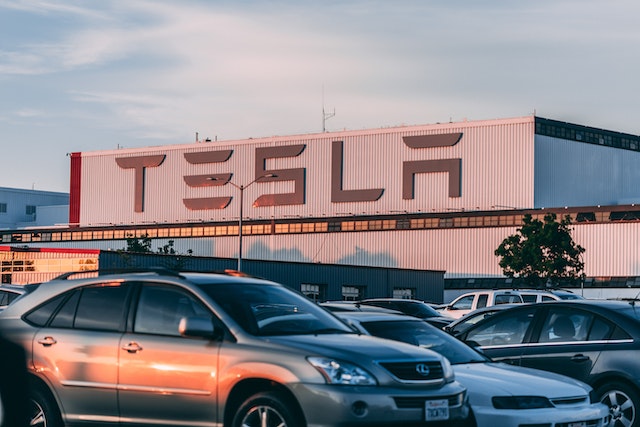In recent news, India is making waves in the electric vehicle (EV) industry by considering a significant policy shift – a potential import tax reduction for EVs contingent on manufacturers establishing local production units. This move, largely attributed to the entry of industry giant Tesla into the Indian market, could herald a new era of sustainable transportation in the country. In this article, we explore the implications of India’s contemplation and its potential to reshape the automotive landscape.
The Tesla Factor: Paving the Way for Policy Change
With its reputation for innovation and cutting-edge technology, Tesla has been a driving force in the global shift toward electric mobility. India, recognizing the pivotal role of EVs in reducing emissions and promoting cleaner transportation, has been striving to accelerate EV adoption. Tesla’s entry into the Indian market as well as its expressed interest in establishing local manufacturing facilities have prompted policymakers to reevaluate their strategies.
Local Production: A Win-Win Proposition
The proposed import tax reduction for EVs underlines India’s determination to encourage local manufacturing, thereby creating a conducive environment for EV companies to establish production units within the country. This move presents a myriad of benefits:
- Boost to Economy: Local production generates employment opportunities, fosters skill development, and contributes to economic growth. It strengthens the manufacturing sector and reduces dependence on imports.
- Technological Transfer: Collaborations between international EV manufacturers and local firms could facilitate the transfer of advanced manufacturing technologies, paving the way for indigenous EV production expertise.
- Reduced Environmental Impact: Local production decreases the carbon footprint associated with long-distance transportation of vehicles. Additionally, increased EV adoption aligns with India’s commitment to curbing pollution and mitigating climate change.
Paving the Road Ahead: Key Considerations
As India contemplates this policy shift, several factors come into play:
- Infrastructure Development: For successful EV manufacturing, India needs to develop robust infrastructure, including charging networks and component suppliers. This infrastructure is critical to sustain the growth of the EV ecosystem.
- Affordability: While localized production can reduce costs, it’s important to ensure that these cost savings translate into more affordable EVs for the Indian consumer.
- Policy Support: Beyond import tax reductions, the government needs to provide a comprehensive policy framework that incentivizes EV adoption and manufacturing. This could include subsidies, research grants, and favorable regulations.
- Environmental Impact: The shift to EVs must not only be about local production but also about reducing the overall environmental impact of transportation. Clean energy sources and recycling of EV components should be integral to the strategy.
Conclusion: A Green Roadmap for India’s Future
India’s contemplation of import tax cuts for EVs if manufacturers commit to local production reflects a progressive step toward sustainable transportation. Tesla’s influence on this policy shift underscores the company’s position as a global trendsetter. The envisioned partnership between international EV giants and India’s industrial prowess holds the potential to transform the country into an EV manufacturing hub.
As India paves its road toward a greener future, collaboration, innovation, and sound policy implementation will be the driving forces behind the success of this ambitious endeavor. By embracing electric mobility and fostering a conducive environment for EV manufacturing, India can not only reduce its carbon footprint but also lay the foundation for an automotive industry that’s aligned with the needs of the planet.
In conclusion, the potential import tax reduction is not just an economic policy but a commitment to reshape India’s future, one electric vehicle at a time.












